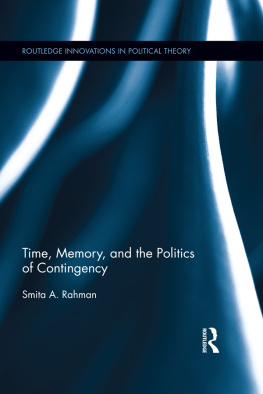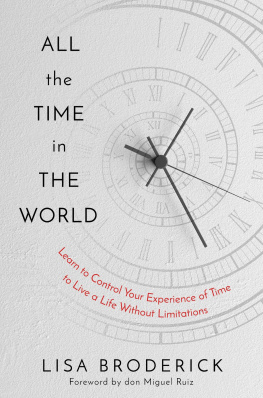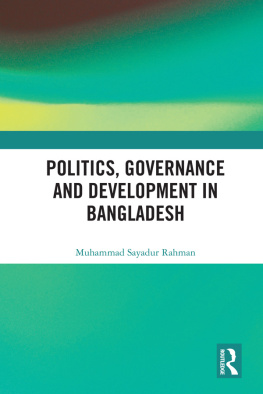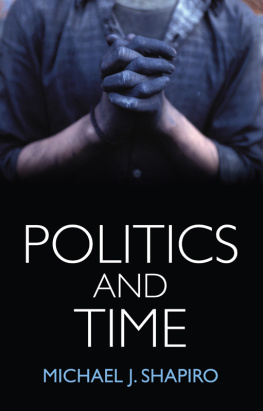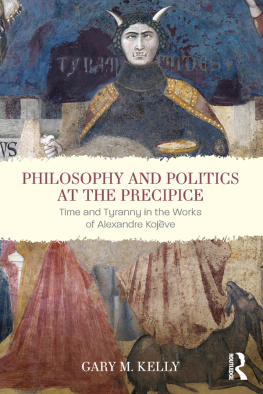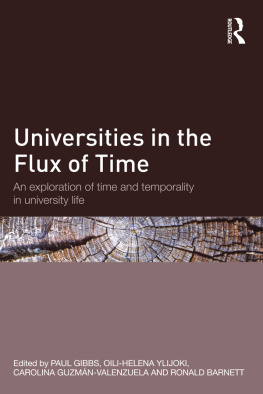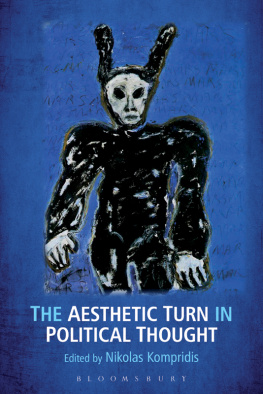Time, Memory, and the Politics of Contingency
In recent years, there has been an increased attention to temporality in political theory, and such attention is sorely needed. For too long, political theory, with the exception of occasional phenomenological forays, has remained grounded in a particular experience of time as linear and sequential. This book aims to unsettle the dominant framework by putting time itself, and the experience of time in everyday life, at the center of its critical analysis.
Smita Rahman focuses on the experience of time as one where past, present, and future intermingle with each other and refuse to adhere to a sequential structure. Rather than trying to tame the flux of time, this book places this out of joint experience of time at the center of its analysis of global politics. Rahman takes the highly abstract concept of time and de-centers it to speak to a wide range of political issues across disciplines. She does so by exposing the cultural construction of the foundational concept of time in political theory and attending closely to the challenges of cultural incommensurability that it encounters in a globalized world of difference. Specifically, the book looks at interrogation practices in Afghanistan; the challenges of coping with the burdens of collective memory in Algeria, South Africa, and Rwanda; the difficulty of uncritically applying such a framework to the Muslim world through the language of secularism; and finally at the beginnings of democratic emergence in Bangladesh to explore a politics of contingency.
By focusing on issues of contemporary global politics through the lens of political theory, this book draws on literature across disciplines and explores the complex image of time by engaging the work of thinkers for whom time and memory have emerged as a critical issue of analysis, and unpacking the politics of contingency that emerge from such a reading. The books new insights on political temporality will interest scholars of contemporary political theory, comparative political theory, critical theory, human rights, conflict studies, and religion and politics.
Smita A. Rahman is Associate Professor of Political Science at DePauw University, where she teaches courses in contemporary and comparative political theory, focusing on the politics of memory and on secularism and its tensions. Her current project is an examination of the politics of honor in literature and visual culture.
Routledge Innovations in Political Theory
For a full list of titles in this series, please visit www.routledge.com
26 Logics of Critical Explanation in Social and Political Theory
Jason Glynos and David Howarth
27 Political Constructivism
Peri Roberts
28 The New Politics of Masculinity
Men, Power and Resistance
Fidelma Ashe
29 Citizens and the State
Attitudes in Western Europe and East and Southeast Asia
Takashi Inoguchi and Jean Blondel
30 Political Language and Metaphor
Interpreting and Changing the World
Edited by Terrell Carver and Jernej Pikalo
31 Political Pluralism and the State
Beyond Sovereignty
Marcel Wissenburg
32 Political Evil in a Global Age
Hannah Arendt and International Theory
Patrick Hayden
33 Gramsci and Global Politics
Hegemony and Resistance
Mark McNally and John Schwarzmantel
34 Democracy and Pluralism
The Political Thought of William E. Connolly
Edited by Alan Finlayson
35 Multiculturalism and Moral Conflict
Edited by Maria Dimova-Cookson and Peter Stirk
36 John Stuart MillThought and Influence
The Saint of Rationalism
Edited by Georgios Varouxakis and Paul Kelly
37 Rethinking Gramsci
Edited by Marcus E. Green
38 Autonomy and Identity
The Politics of Who We Are
Ros Hague
39 Dialectics and Contemporary Politics
Critique and Transformation from Hegel through Post-Marxism
John Grant
40 Liberal Democracy as the End of History
Fukuyama and Postmodern Challenges
Chris Hughes
41 Deleuze and World Politics
Alter-globalizations and Nomad Science
Peter Lenco
42 Utopian Politics
Citizenship and Practice
Rhiannon Firth
43 Kant and International Relations Theory
Cosmopolitan Community Building
Dora Ion
44 Ethnic Diversity and the Nation State
National Cultural Autonomy Revisited
David J. Smith and John Hiden
45 Tensions of Modernity
Las Casas and His Legacy in the French Enlightenment
Daniel R. Brunstetter
46 Honor
A Phenomenology
Robert L. Oprisko
47 Critical Theory and Democracy
Essays in Honour of Andrew Arato
Edited by Enrique Peruzzotti and Martin Plot
48 Sophocles and the Politics of Tragedy
Cities and Transcendence
Jonathan N. Badger
49 Isaiah Berlin and the Politics of Freedom
Two Concepts of Liberty 50 Years Later
Edited by Bruce Baum and Robert Nichols
50 Popular Sovereignty in the West
Polities, Contention, and Ideas
Genevive Nootens
51 Plinys Defense of Empire
Thomas R. Laehn
52 Class, States and International Relations
A Critical Appraisal of Robert Cox and Neo-Gramscian Theory
Adrian Budd
53 Civil Disobedience and Deliberative Democracy
William Smith
54 Untangling Heroism
Classical Philosophy and the Concept of the Hero
Ari Kohen

